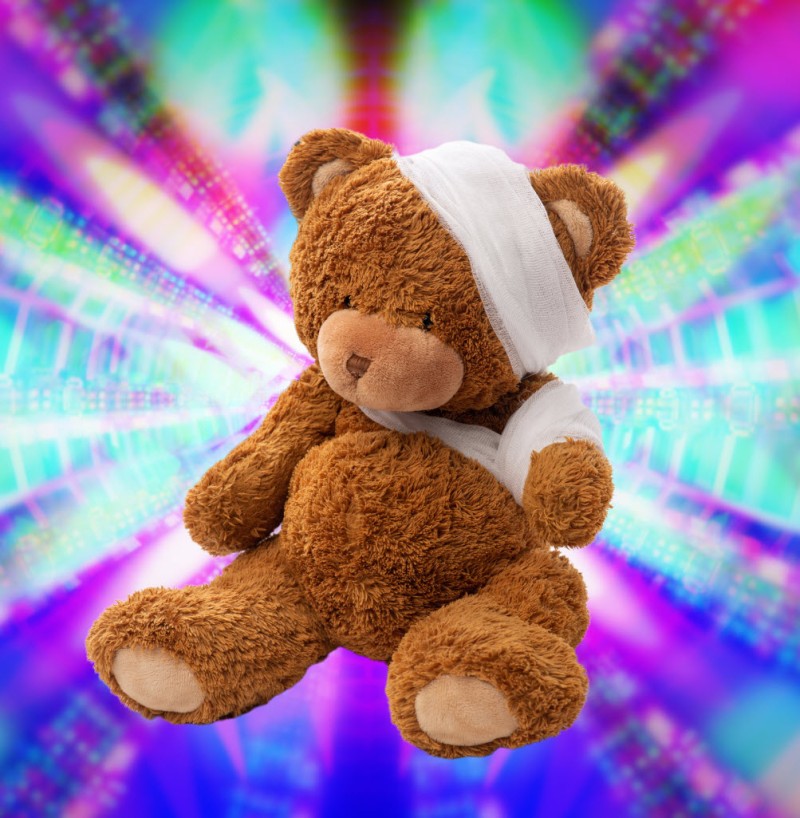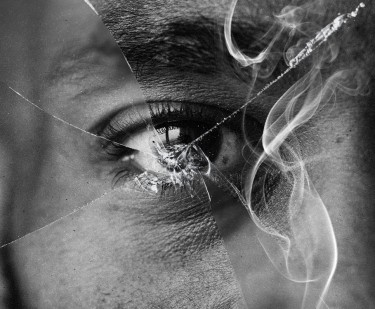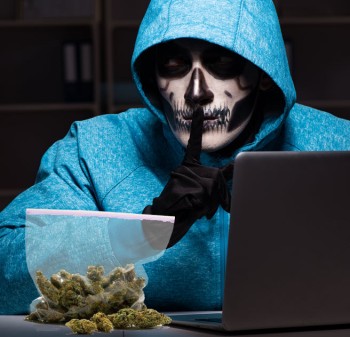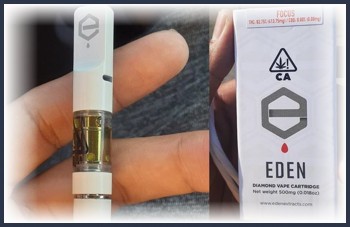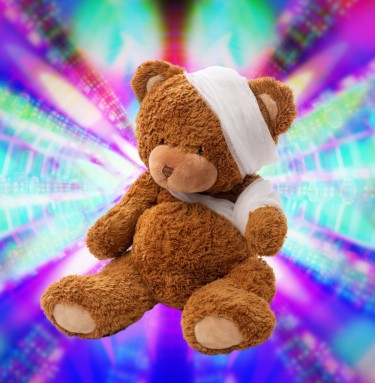
Study Shows That Psilocybin Helps Treat Symptoms Of Childhood Trauma
According to studies, a majority of adults suffer from symptoms of childhood trauma.
A Palo Alto University study, some 61% of American adults have suffered at least one experience that constitutes as an “Adverse Childhood Experience”. These types of experiences vary greatly, ranging from neglect to sexual abuse, physical abuse, and emotional abuse. It can also include homelessness, racism, school or community violence, violent loss of a family member, and much more.
Even kids who are witness to some type of traumatic event face the risk of developing more mental and physical illnesses when they get older.
Many adults today are still struggling to recover from different kinds of traumatic situations that they faced as young children and teens. The symptoms that show up in adults include severe anxiety, inability to regulate emotions, panic attacks, depression, sleep issues, chronic inflammation, stress, and self-harm to name a few. Therapy certainly helps, but oftentimes it takes years of expensive therapy to truly heal – if any.
Thankfully, psychedelic medicine – psilocybin in particular – has been shown to be promising in the treatment of childhood trauma.
A recent study, published in the Journal of Psychoactive Drugs, takes a deep dive into adverse childhood experiences and how these can present serious risks for psychological conditions, as reported by High Times. The researchers, which hailed from notable educational institutions including Simon Fraser University, University of British Columbia, University of Michigan, and Athabasca University, analyzed if psilocybin could help mitigate the effects of psychological distress.
For the study, they polled 1,249 Canadian individuals who were at least 16 years old. They were asked to answer a questionnaire that evaluated conditions relating to childhood trauma. In addition, the participants were surveyed about their consumption of psilocybin, such as the last time they partook, how often, and how strong their doses were.
The results revealed that participants who consumed psilocybin within the last 3 months revealed a reduced impact of adverse childhood experiences and its effect on psychological distress. Additionally, the results were also dose-dependent; they found that participants who had greater exposure to these drugs had improved psychological well-being.
“In recent years, renewed interest in psychedelic medicine has highlighted the therapeutic potential of psilocybin for those who have experienced childhood adversity,” they wrote. “However, recreational psilocybin use remains illegal and access to approved therapeutics is difficult. Such use provides an opportunity to explore the therapeutic potential of psilocybin for psychological distress among people with adverse childhood experiences,” they discuss.
Furthermore, the authors added that “feasibility studies suggest that psilocybin has a good safety profile and low addiction potential, particularly at low doses and even among those with complex psychiatric needs.” They also emphasized the importance of using psilocybin under the care of a healthcare provider to prevent unwanted results such as bad trips.
“Taken together, these findings suggest that psilocybin therapy may be potentially acceptable and may feasibly help in supporting survivors of adverse childhood experiences with particularly strong benefits to those with more severe childhood adversity,” they wrote.
Psilocybin Has Strong Potential For Treating Symptoms Of Trauma
Psilocybin has a growing number of studies backing up its potential to treat symptoms of trauma, which are among the most difficult mental health conditions to manage. While medical authorities have extensive knowledge of what exactly can cause trauma, we still know very little how to treat it. The symptoms vary greatly from one person to another, so there is no standardized dose or care of any kind of medication that has been proven to treat it.
For many decades, Selective Serotonin Reuptake Inhibitors (SSRIs) have been a conventional treatment method for patients of depression, anxiety, and PTSD. Serotonin is the neurotransmitter that is responsible for helping us regulate our moods. The problem with these pharmaceutical drugs is that they come with horrific side effects for the patients that use them.
The good thing about psilocybin is that it also acts on the same serotonin receptors that SSRI’s do, but it also reaps numerous valuable benefits for mental health. Psilocybin works in a different mechanism especially in inducing neuroplasticity, making it simpler for patients to learn new things and even manage painful memories.
A study conducted by Stephen Ross, MD, an NYU Langone psychiatrist, focused on cancer patients who were terminally ill. He found that just one dose with psilocybin was enough to help provide relief from the emotional distress that plagued 80% of subjects for over 6 months. The patients who were given psilocybin reported a great improvement in quality of life, expressing an interest to do more external activities, having newfound energy, performed better at work, and had better relationships with family members.
According to the researchers, if psilocybin was effective in treating the psychological impact associated with being terminally ill with cancer, it could be used for treating less severe conditions that are also associated with psychological distress.
According to Dr. Ross, the findings “have the potential to transform the care of cancer patients with psychological and existential distress, but beyond that, it potentially provides a completely new model in psychiatry of a medication that works rapidly as both an antidepressant and anxiolytic and has sustained benefit for months,” he says.
“If larger clinical trials prove successful, then we could ultimately have available a safe, effective, and inexpensive medication – dispensed under strict control – to alleviate the distress that increases suicide rates among cancer patients,” he adds.
Conclusion
There is such a great amount of information out there that enables anyone to self-medicate with psilocybin. Just be sure to do your research, though it’s always recommended to do so under the care of an experienced healthcare provider.
